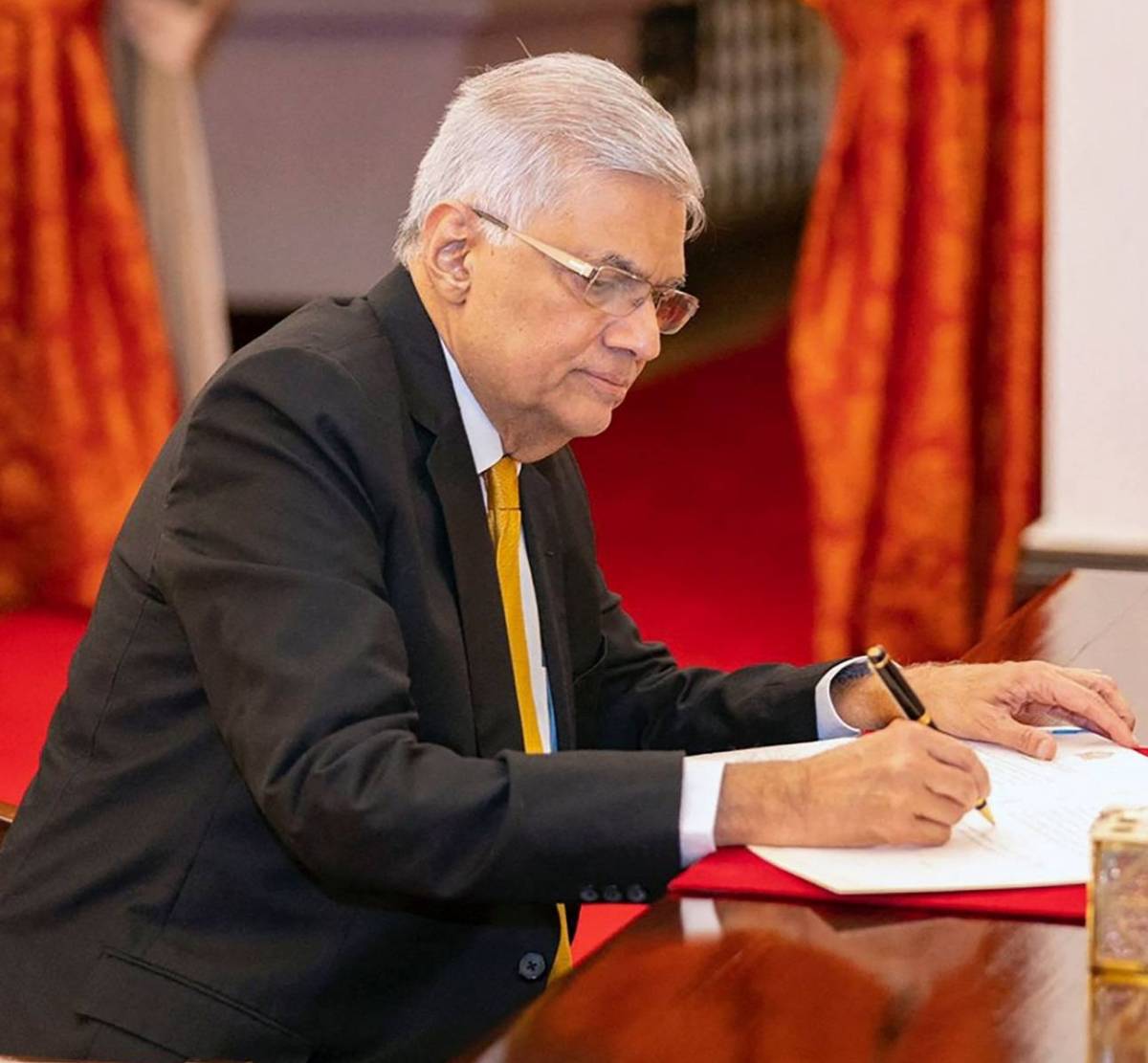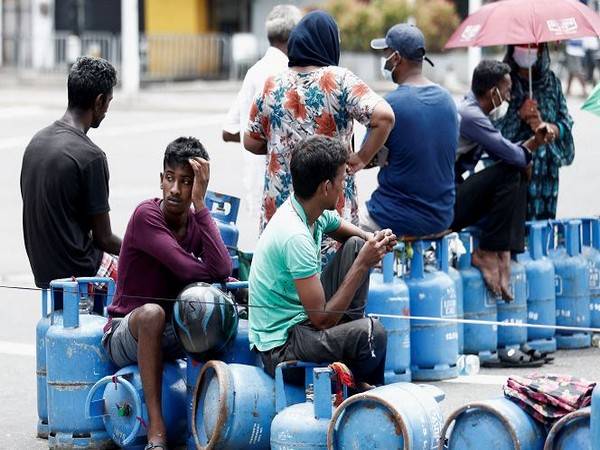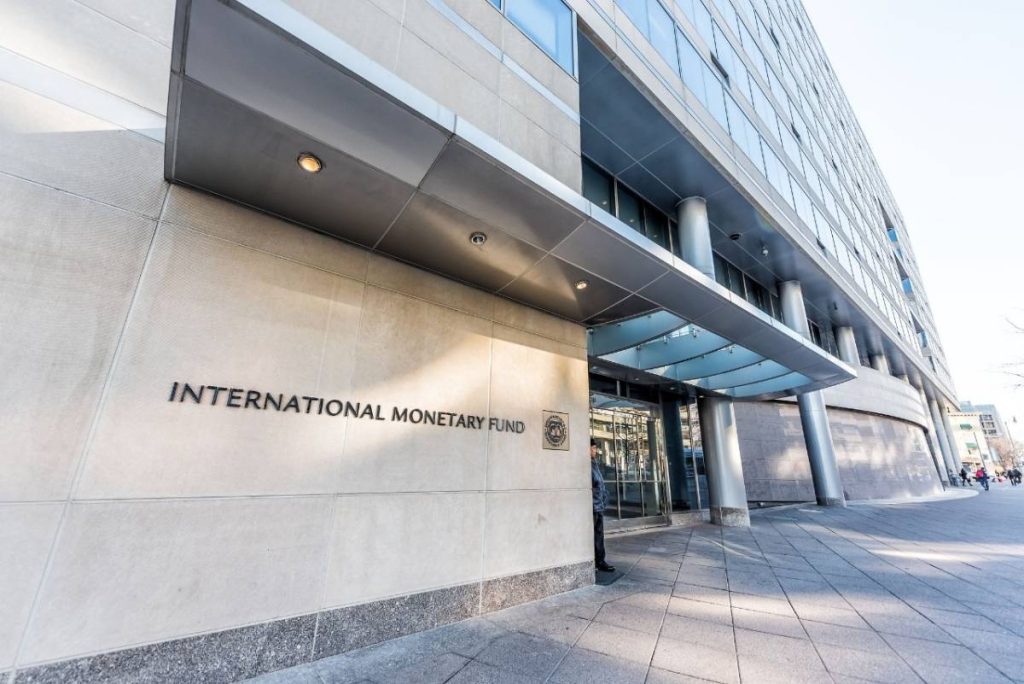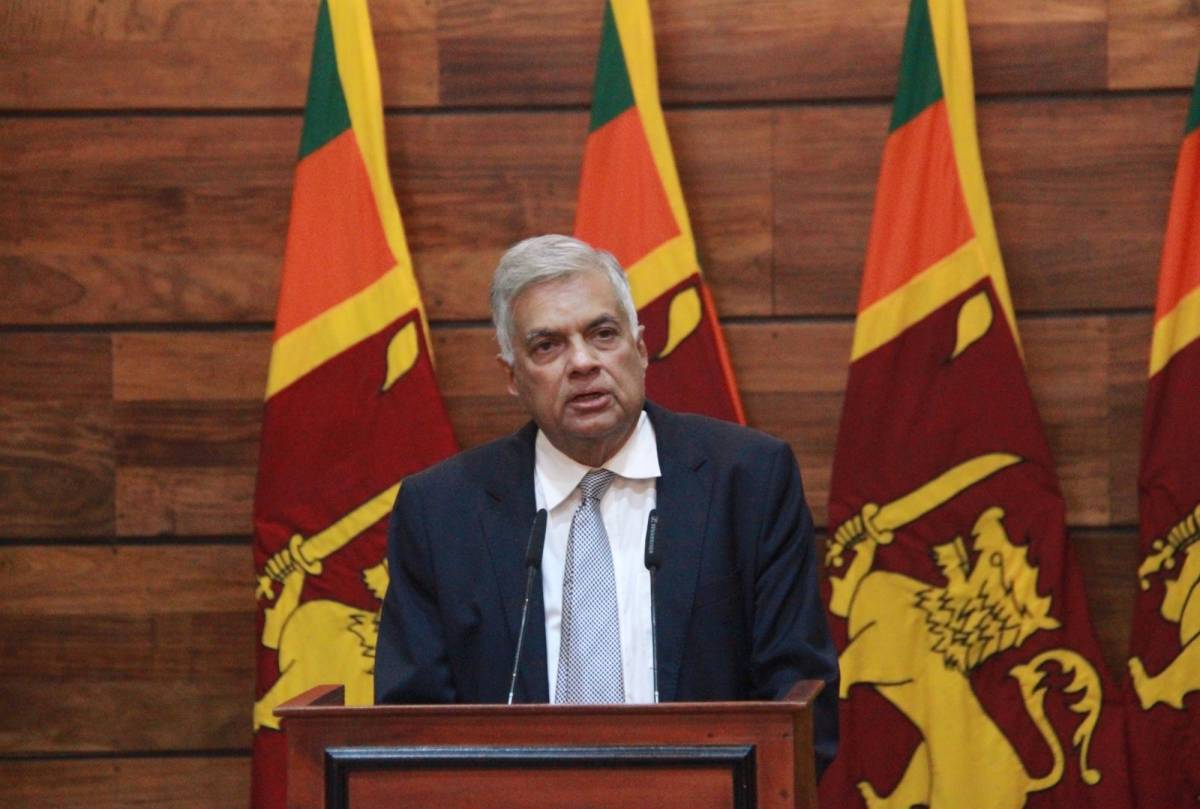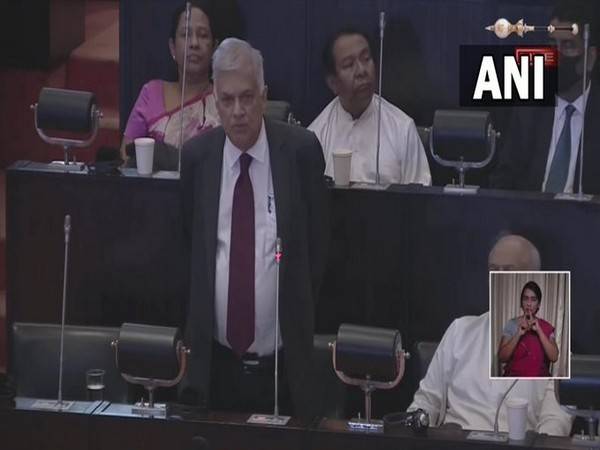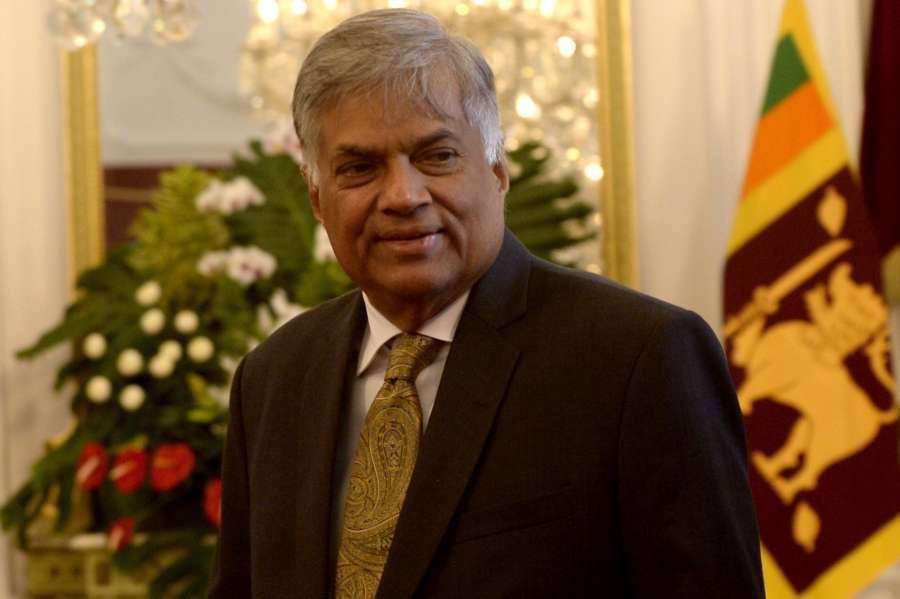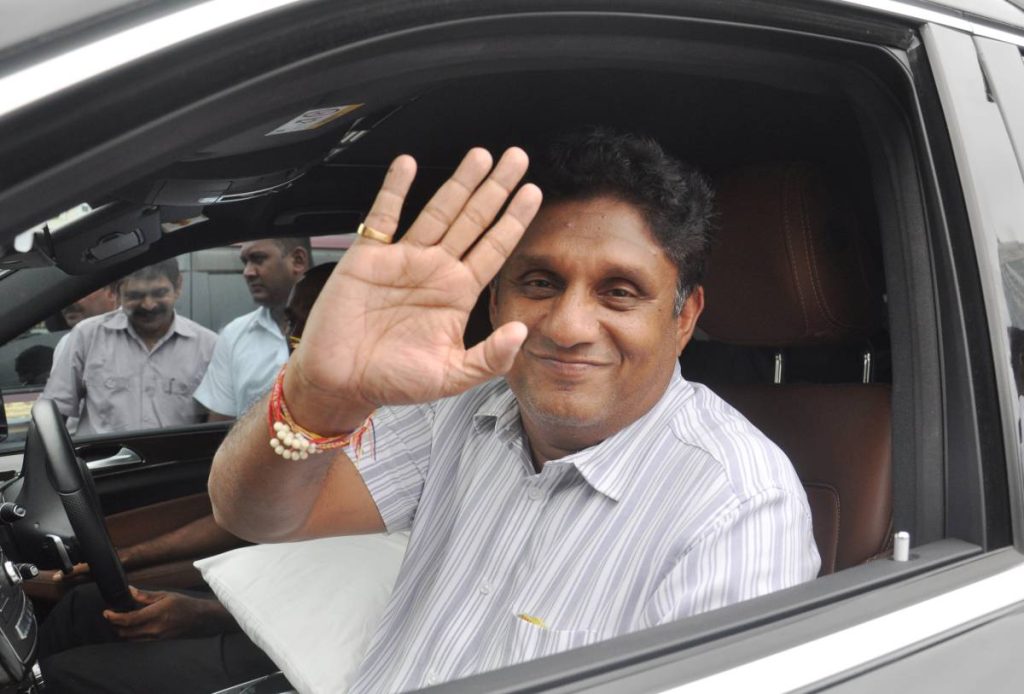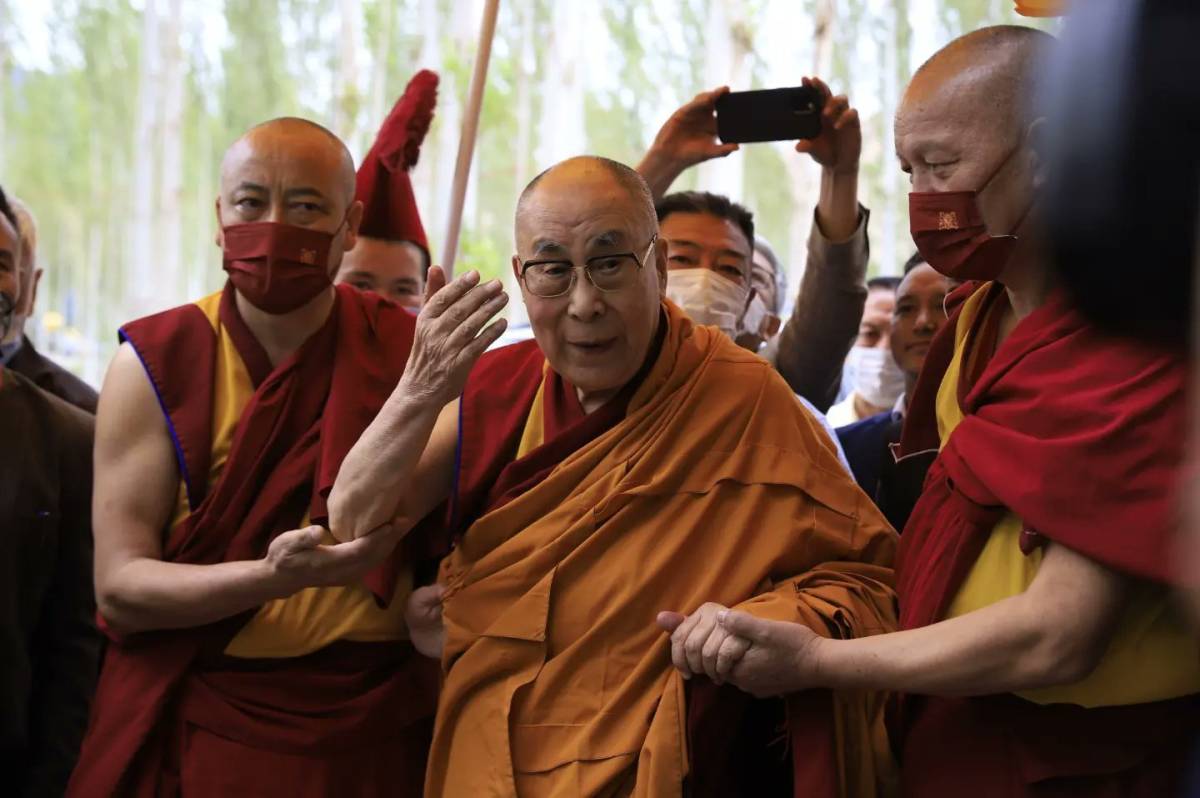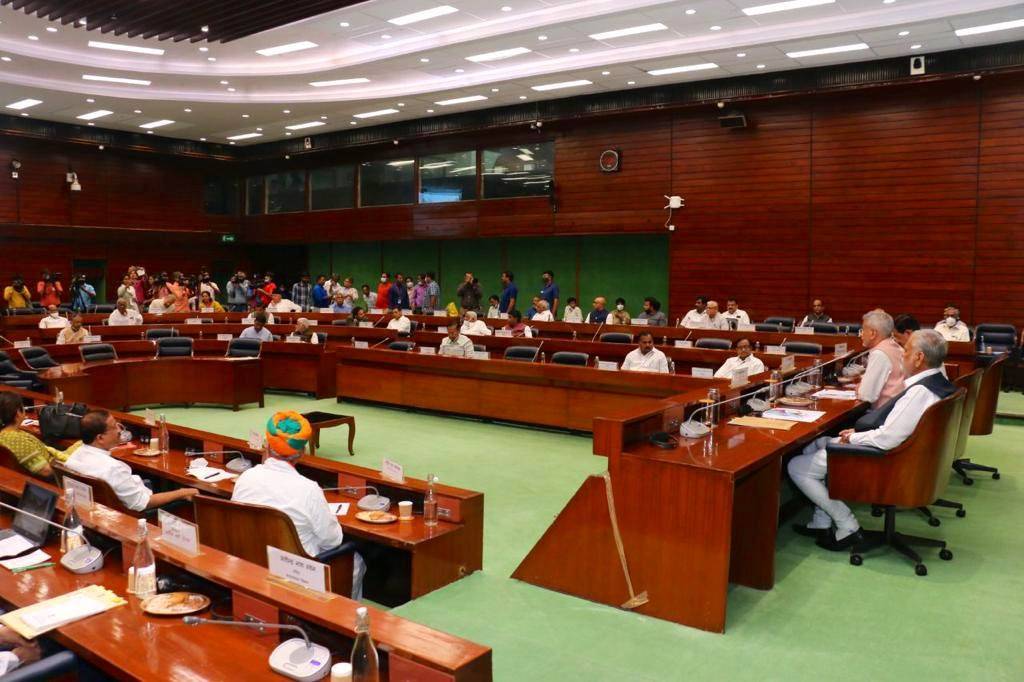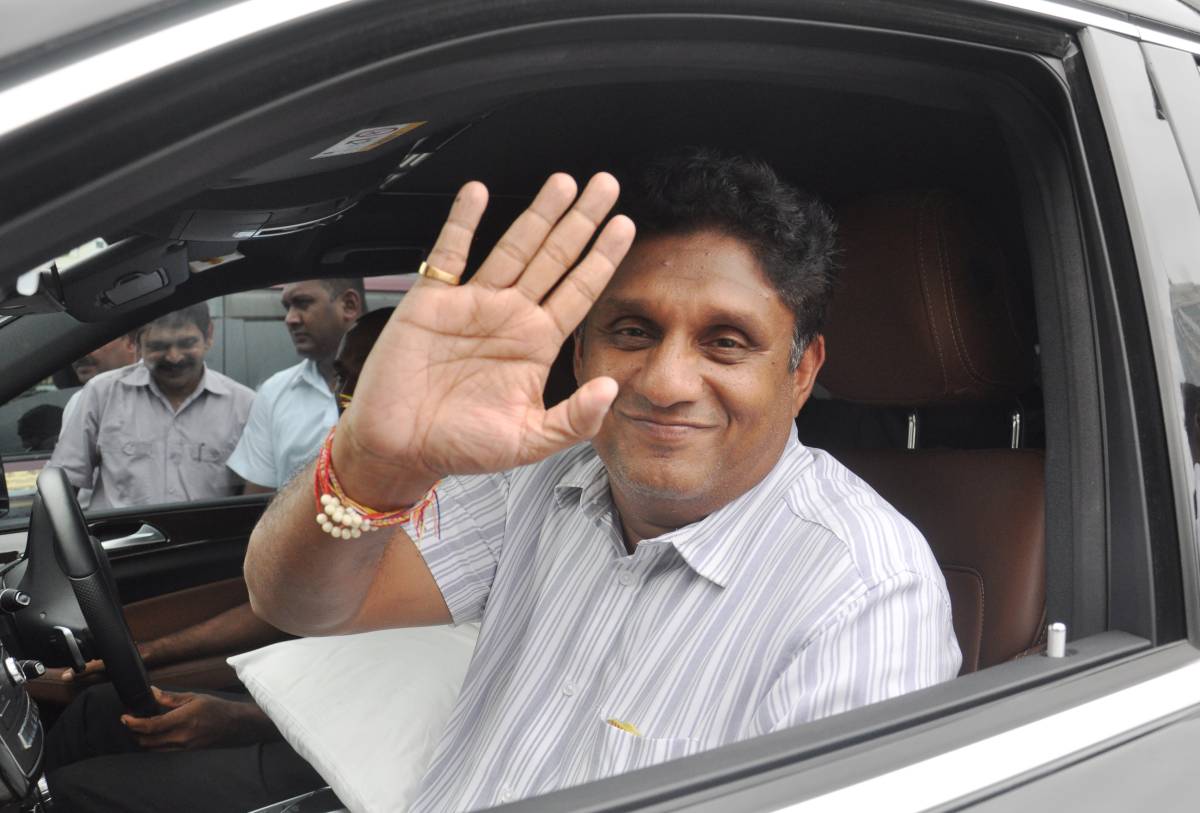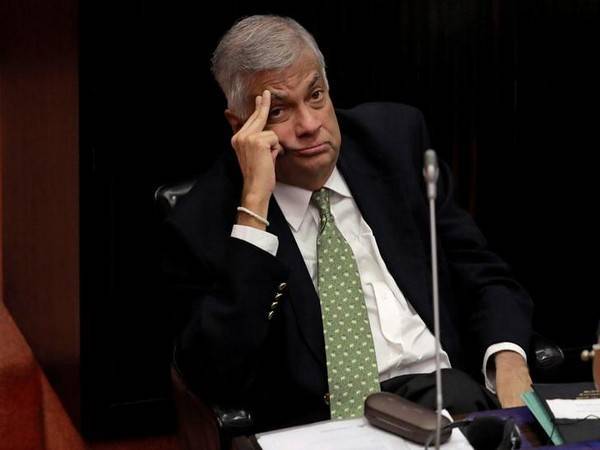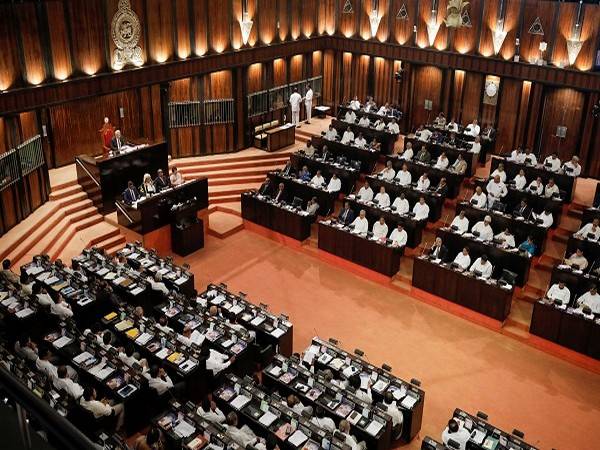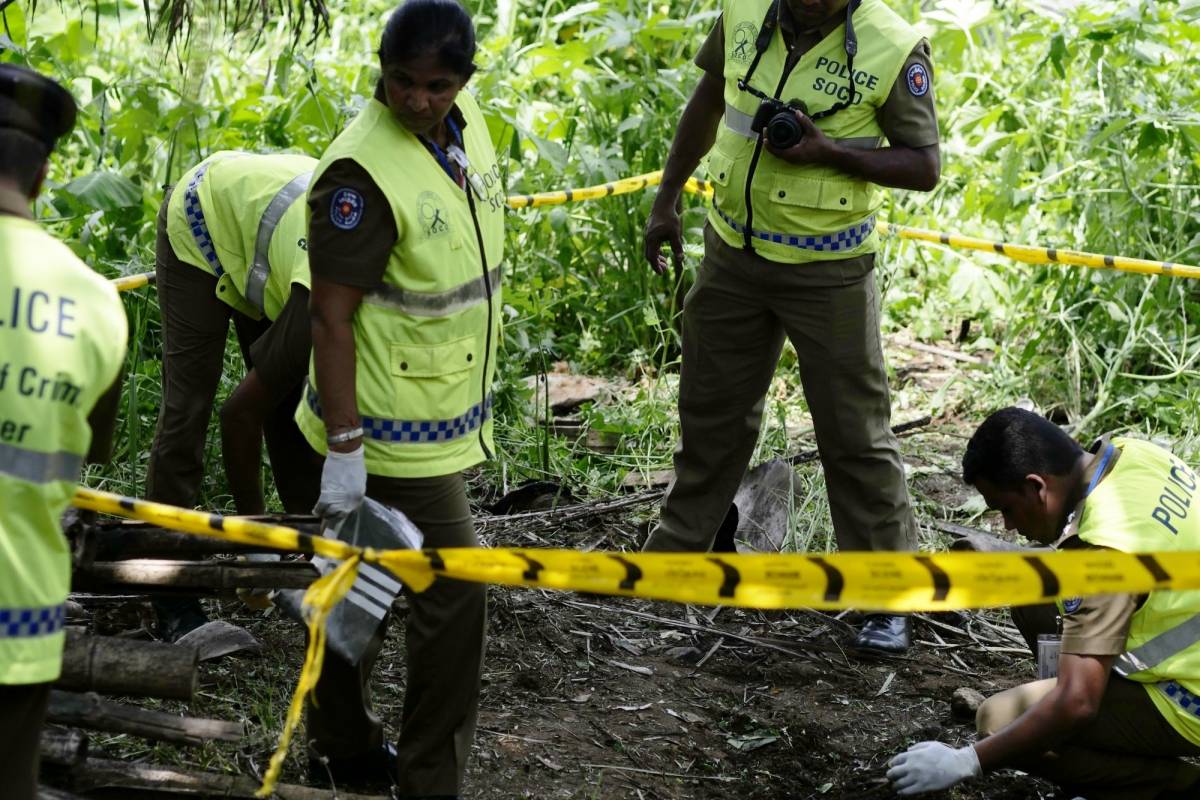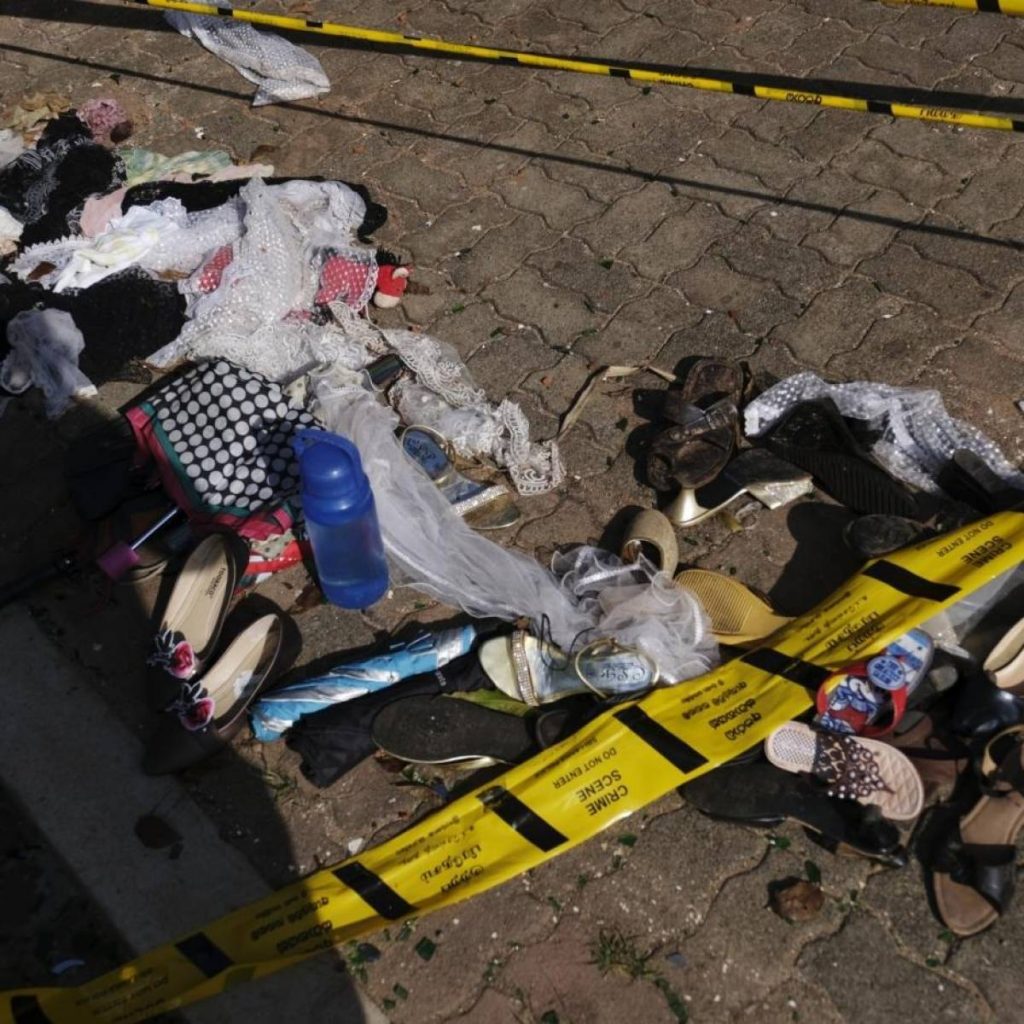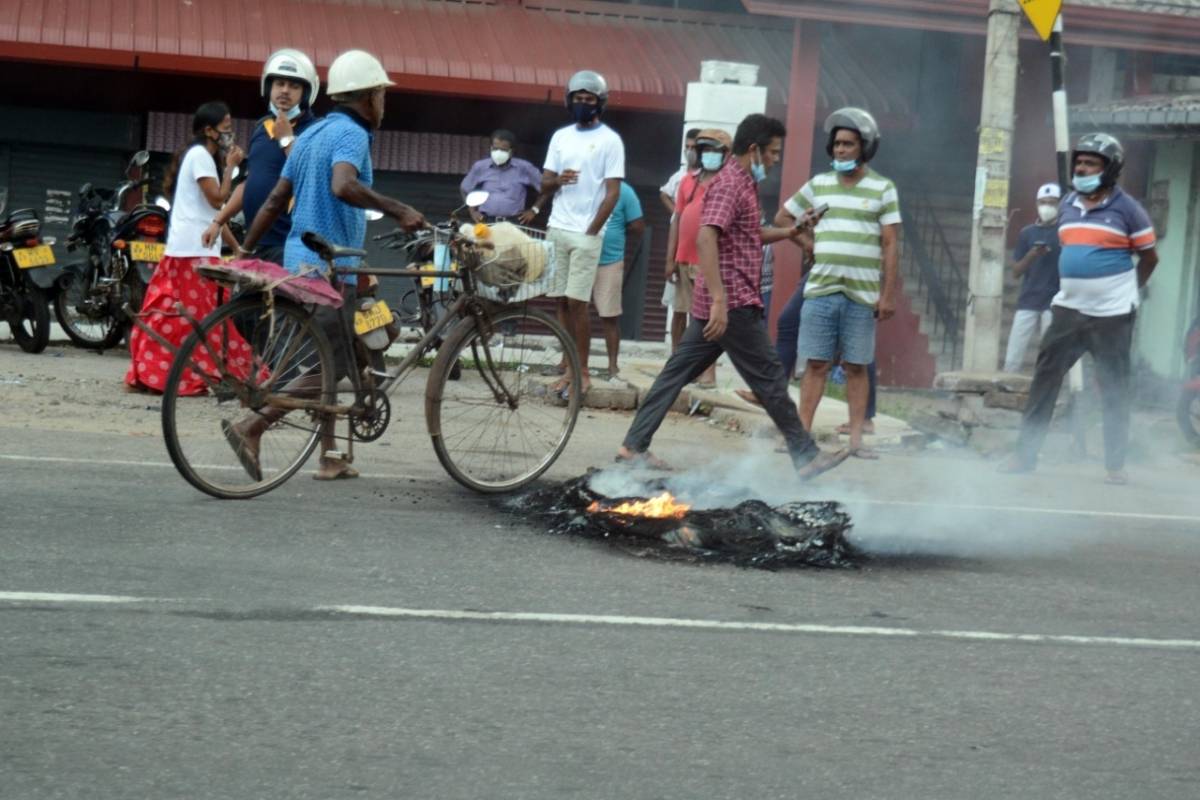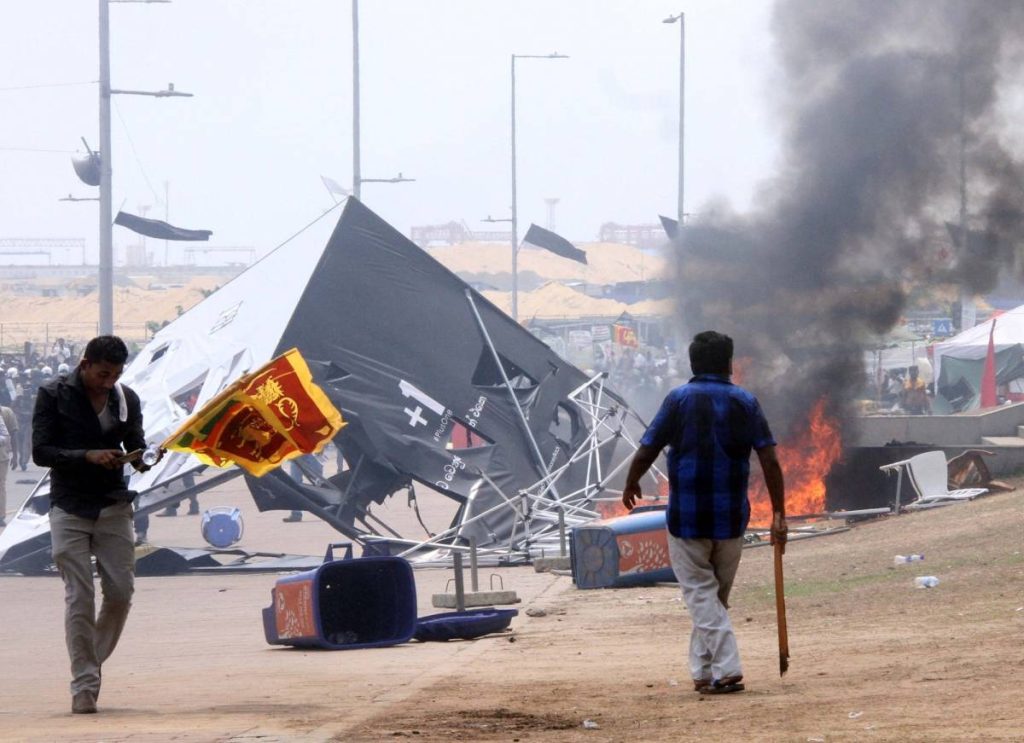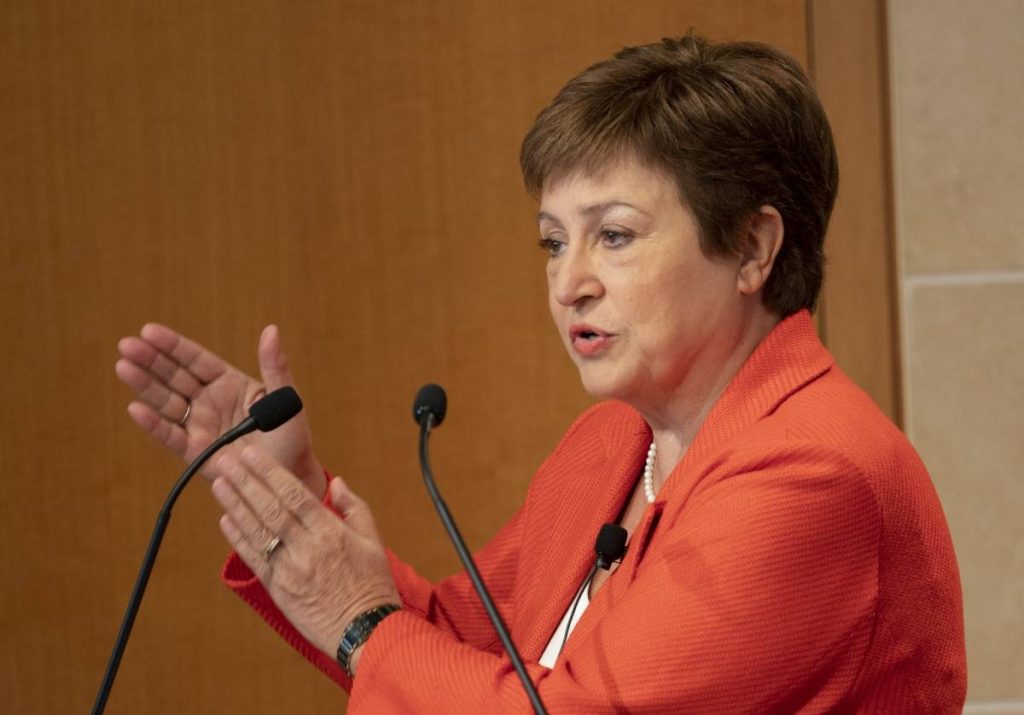Wickremesinghe has called on all legislators, including the opposition parliamentarians, to unite and work together to pull the country out of the economic crisis…reports Asian Lite News
“I am not a friend of the Rajapaksas, I am a friend of the people,” President Ranil Wickremesinghe has told Sri Lankans after he took charge as President of Sri Lanka.
Wickremesinghe was administered the oath of office by the chief justice of Sri Lanka, a day after he won a parliament vote on Wednesday.
During Wednesday’s vote, Ranil Wickremesinghe received 134 votes in the parliament vote following the resignation of Gotabaya Rajapaksa from the presidency last week amid severe economic turmoil in the country.
After winning the parliament vote by secret ballot, Wickremesinghe addressed the parliament, calling on all legislators including the opposition parliamentarians to unite and work together with him to lead Sri Lanka out of the current economic crisis.
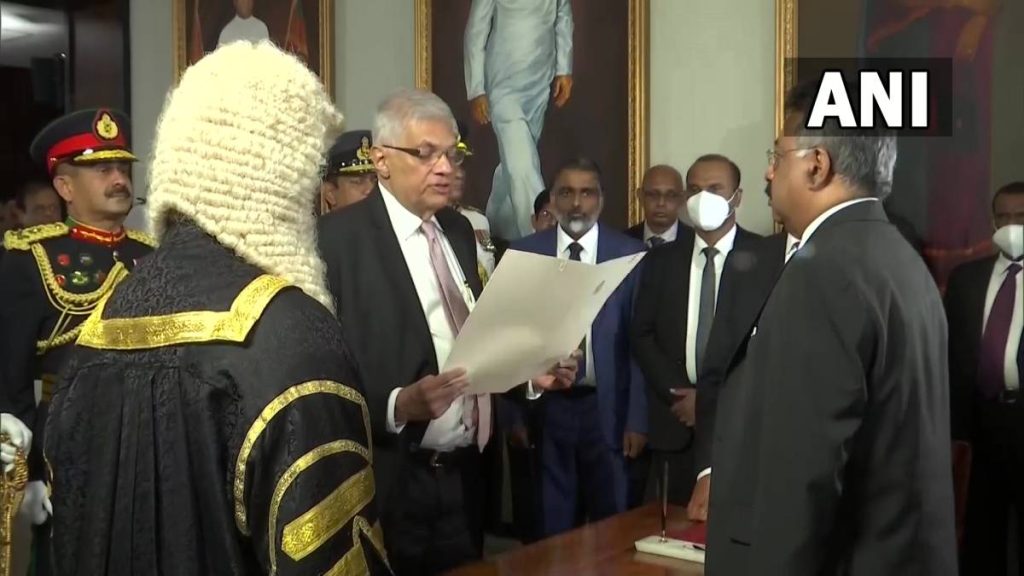
“We are at a critical juncture. There is an economic crisis and the youth want a system change. People want all parliamentarians to come together,” he said.
Out of the 225 parliamentarians, 223 voted to elect a new president and there were four invalid votes. Another two candidates, parliamentarian of the Sri Lanka Podujana Peramuna party Dullas Alahapperuma, and National People’s Power leader Anura Kumara Dissanayake, got 82 votes and three votes, respectively.
Wickremesinghe is not a new name in politics and has served as the Prime Minister of the island nation six times earlier. He was one of the top contenders for the Presidential election in which members of the House voted through a secret ballot.
Earlier, Wickremesinghe was appointed as the interim president of Sri Lanka after Gotabaya Rajapaksa fled abroad after his palace was stormed by angry protesters amid the unprecedented economic crisis.
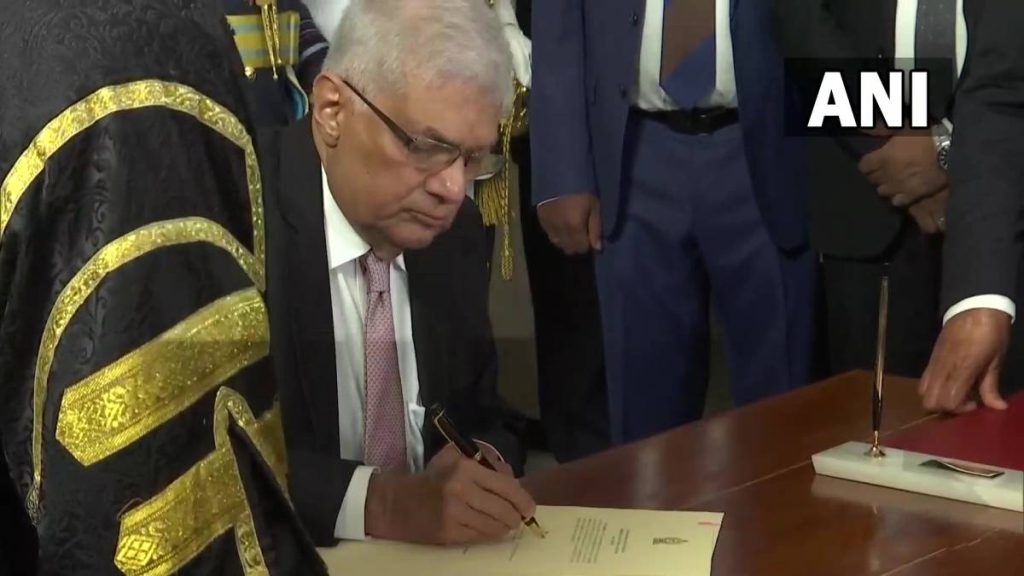
After his official residence in the capital, Colombo was stormed by tens of thousands of angry protesters last week, Sri Lanka’s ex-president Gotabaya Rajapaksa fled the country to the Maldives before flying out to Singapore. Rajapaksa had offered his resignation after fleeing the country.
Sri Lanka’s economy is bracing for a sharp contraction due to the unavailability of basic inputs for production, an 80 per cent depreciation of the currency since March 2022, coupled with a lack of foreign reserves and the country’s failure to meet its international debt obligations.
Hundreds of Sri Lankans continue to queue up at petrol pumps across the debt-ridden country every day amid fuel shortage, and a large number of people are ditching their cars and motorcycles for bicycles for their daily commute. (ANI)

